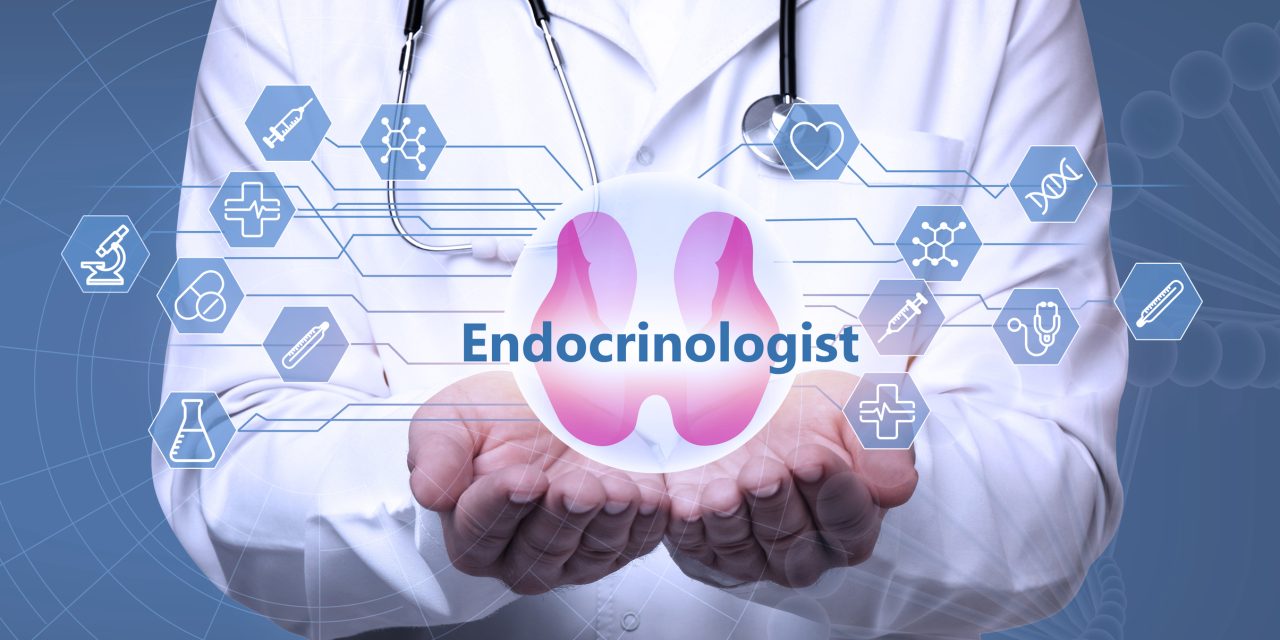Newborn screening (NBS) for congenital hypothyroidism (CH) started in the 1970s, with the introduction of radioimmuno assays (RIA) for the measurement of thyroxine (T4), and thyroid stimulating hormone (TSH). With the development of sensitive enzyme immune assays (EIA, FIA, FEIA), RIAs were replaced in the newborn screening laboratories. With the increasing number of analytes and centralization of NBS, there is a growing demand of total automation. In the course of method validation, two fully automated platforms for the determination of TSH in dried blood samples (DBS) were compared. The GSP from PerkinElmer (PE), and the NS2400 from Labsystems (LDx), together with the recommended test kits from both manufacturers. Both systems showed good performance, with recoveries, of 103.0% (LDx) and 98.5% (PE), and CVs for intra and interassay variations at various concentrations, between 4.3 and 15.7. Both assays had a good correlation (r = 0.8814). With LDx/NS2400 platform, TSH values were in the mean 2.09 mU/L higher; however, the difference of both results from the mean was within ±2 SD, up to 30 mU/L, and only for values above 50 mU/L did the difference become bigger. However, this has no influence on the clinical interpretation. No false negative results were observed with either of the two platforms. TSH results obtained with the LDx/NS2400 were slightly higher than those obtained with the PE/GSP; however, the recall rate was lower: 0.059% compared to 0.063%. This can be explained by the much narrower distribution of TSH values. In conclusion, both platforms are equally suitable for medium and large NBS laboratories. However, due to the more open structure the LDx/NS2400 platform has a lot of advantages compared to the totally closed PE/GSP platform.
Newborn Screening for Congenital Hypothyroidism-Clinical Evaluation and Comparison of Two Different Test Kits for the Determination of TSH in Dried Blood Samples on Two Different Platforms.


